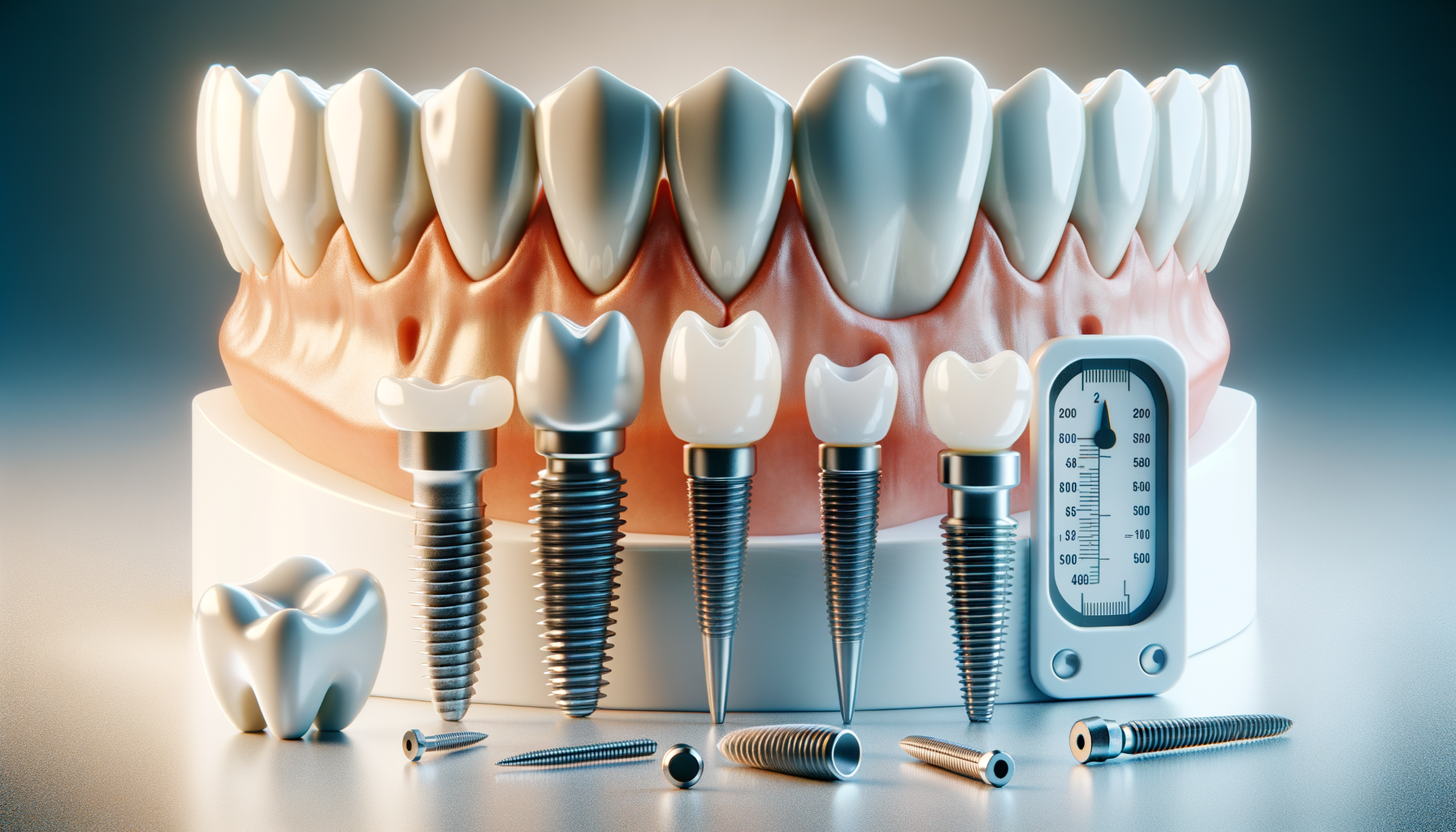Introduction to Dental Implants
Dental implants have become a popular solution for individuals seeking to replace missing teeth. They offer a durable and natural-looking alternative to dentures and bridges. Understanding the costs, options, and support available for dental implants is crucial for anyone considering this dental procedure. This article aims to provide a comprehensive guide to help you make an informed decision.
Cost of Dental Implants
The cost of dental implants can vary significantly based on several factors, including the type of implant, the materials used, and the location of the dental practice. On average, a single dental implant can range from $3,000 to $5,000. This cost typically includes the implant, the abutment, and the crown. However, additional procedures such as bone grafting or sinus lifts, if necessary, can increase the overall expense.
It’s important to note that dental insurance may not cover the full cost of implants, although some plans offer partial coverage. Patients should check with their insurance providers to understand their benefits. Additionally, many dental offices provide financing options or payment plans to make the procedure more affordable.
Factors influencing the cost include:
- The dentist’s experience and reputation
- The geographic location of the dental practice
- The complexity of the case
- Additional treatments required
Options for Dental Implants
Dental implants come in several types, each suited to different needs and conditions. The most common types include:
- Endosteal Implants: These are the most common type, placed directly into the jawbone. They are typically made of titanium and shaped like small screws.
- Subperiosteal Implants: These are placed under the gum but above the jawbone, suitable for patients with insufficient bone height who cannot undergo a bone augmentation procedure.
- All-on-4 Implants: This technique involves placing four implants in the jaw to support a full arch of teeth, offering a stable and efficient solution for those missing multiple teeth.
Each type has its advantages and considerations, and a dental professional can help determine the most appropriate option based on individual dental health and preferences.
Support and Aftercare for Dental Implants
Proper support and aftercare are essential for the success of dental implants. Post-surgery, patients should follow their dentist’s instructions carefully to ensure optimal healing. This typically includes:
- Avoiding hard or sticky foods that could damage the implant
- Maintaining good oral hygiene by brushing and flossing regularly
- Attending regular dental check-ups to monitor the implant’s condition
- Refraining from smoking, as it can impede healing
Patients may experience some discomfort or swelling after the procedure, which can be managed with prescribed medications. It’s important to report any persistent pain or unusual symptoms to the dentist promptly.
Conclusion: Making an Informed Decision
Dental implants offer a reliable and aesthetically pleasing solution for tooth loss, but they require careful consideration of costs, options, and aftercare. By understanding these aspects, individuals can make informed decisions that align with their dental health needs and financial situation. Consulting with a qualified dental professional is crucial to evaluate the most suitable implant option and to receive personalized advice and support throughout the process.








